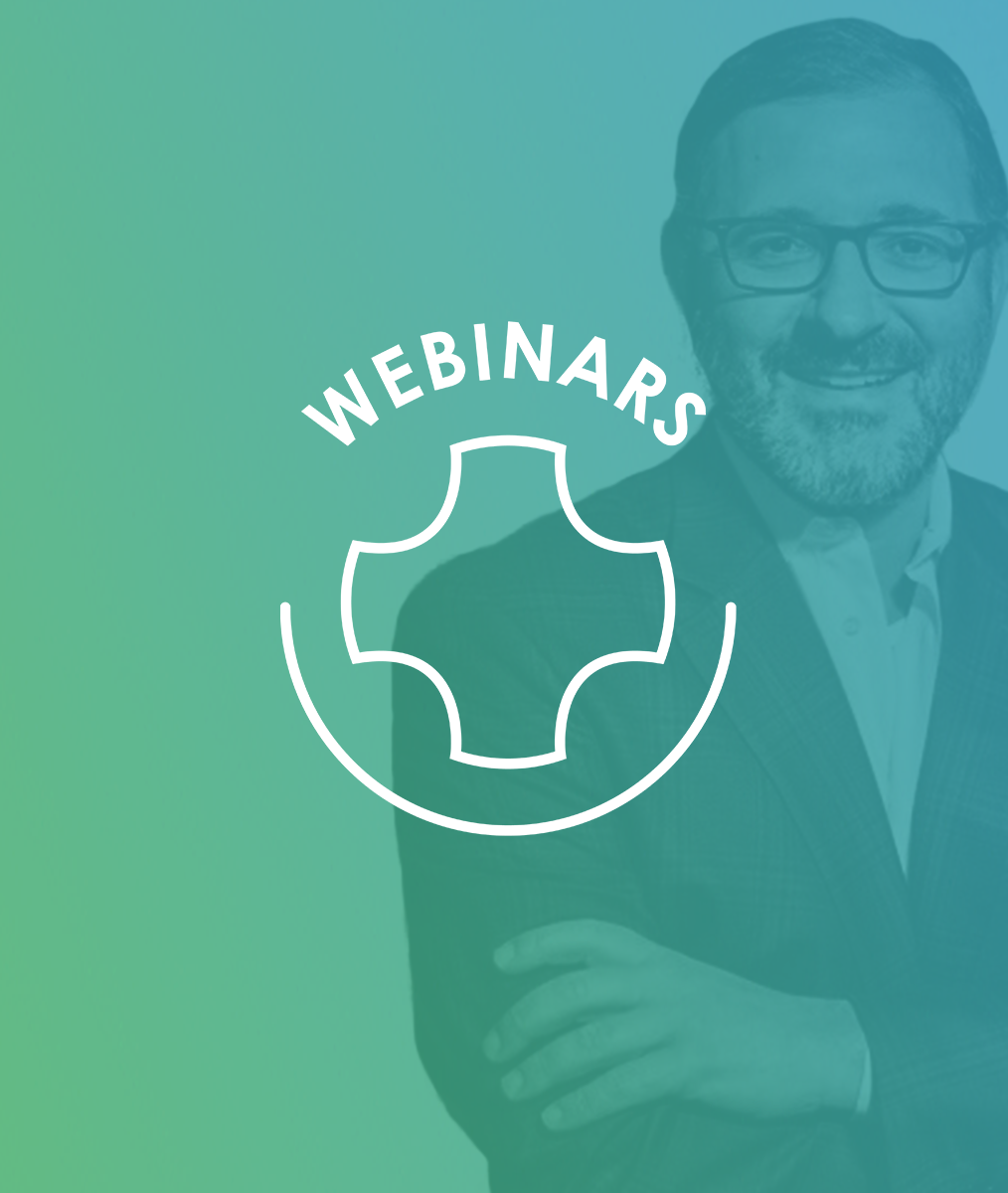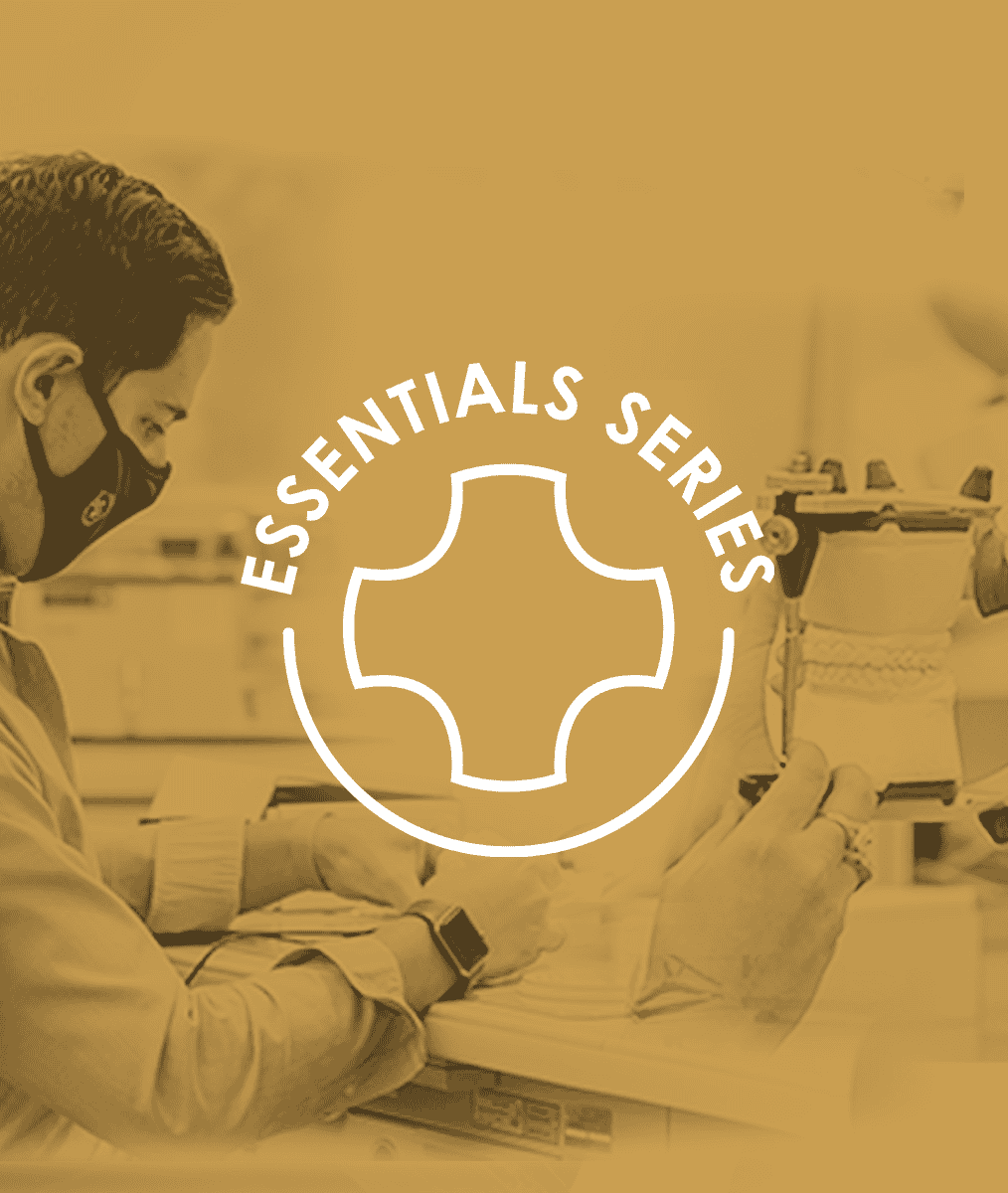Partnering in Health Part 2: There Is No Suffering We Cannot Care About
By Mary Osborne, RDH
Think for a moment: Is there a change you think you could make in your life that would contribute positively to your health? Is there anything you could be doing—or not doing—that could improve your overall health and wellbeing? Most of us can think of something we could do, or do more consistently, to improve our health. Next, ask yourself if the reason you have not made the change you need to make is because you do not have enough information. Our clinical training taught us that if we give people the right information they will change their behaviors. It’s easy to get disappointed in ourselves and our patients when that turns out to not always be true.
Reflecting on our own past and current health challenges is a way to remind ourselves that health is a journey, not just a set of strategies. What makes perfect sense to us now, may not have been relevant 20 years ago. Often we have heard the relevant information before but were slow to act on it. We may have conflicting priorities, such as time, or money. We may have had fears or doubts. When we can look at our own journey with understanding and compassion we are better able to see our patients that way.
I remember a patient who came to us with a lot of dentistry that needed to be done. As we talked with her about recommendations for treatment, her eyes welled up with tears. “It’s nothing,” she said when I asked her what the tears were about. Eventually she shared with us that she and her family had been saving up to build a deck on their house. Doing the dentistry she knew she needed would mean they could not build the deck. There was a time when I might have thought, “What’s more important, a deck or your dental health?!?” But I was moved by her struggle. I can’t judge what a deck may mean to her and her family, but I can relate to her sadness in letting go of something they had been saving toward.
As you advise patients, it’s helpful to share that are you on a path to better health yourself, and that it is not always easy. In this way we can step outside of the role of “expert” and come to our conversations as fellow travelers. And when we do come as fellow travelers, we bring our empathy, our humanity, and we allow ourselves to feel compassion. We are likeable.
One of my favorite books is Dr. Rachel Naomi Remen’s Kitchen Table Wisdom: Stories That Heal. She quotes the psychologist Carl Rogers, who said:
Before every session, I take a moment to remember my humanity. There is no experience that this man has that I cannot share with him, no fear that I cannot understand, no suffering that I cannot care about, because I too am human. No matter how deep his wound, he does not need to be ashamed in front of me. I too am vulnerable. And because of this, I am enough. Whatever his story, he no longer needs to be alone with it. This is what will allow his healing to begin.
Because we are on a journey of becoming healthier just like everyone else, we can sit side by side with a patient. We can say, “I get it. It’s not always easy.” We can allow ourselves to feel compassion—that urge to genuinely help someone, and gently invite them to understand they are no longer alone.
Related Course
Surgically Facilitated Orthodontic Therapy
DATE: October 10 2024 @ 8:00 pm - October 10 2024 @ 9:00 pmLocation: Online
CE HOURS: 1
Date: October 10, 2024 Time: 8 – 9 pm ET Speaker: George Mandelaris, DDS, MS COURSE DESCRIPION Patients seeking ideal esthetics may require a more sophisticated diagnosis and treatment plan…
Learn More>











